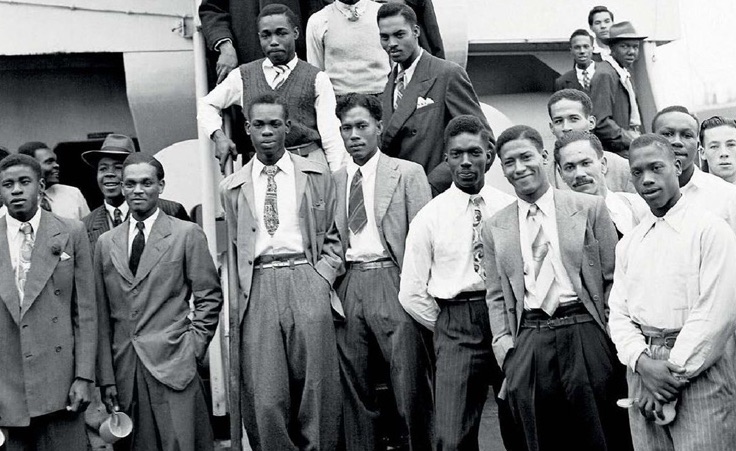Just over one in 20 of those people who have claimed under the Windrush compensation scheme have a received a payout, according to a new report by a cross-party group of MPs which identifies ‘a litany of flaws’ in its design and operation. According to the home affairs select committee, only one on five of the initially estimated 15,000 eligible claimants have applied to the scheme (20%) and only 6% have received any compensation. ‘It further compounds the Windrush scandal that twenty-three individuals have died without receiving compensation for the hardship they endured,’ the group said..
- The Justice Gap recently reported on JUSTICE’s report call for the scheme to be take out of the hands of the Home Office and Nicholas Reed Langen’s article here.
Many people were ‘too fearful’ of the Home Office to apply for compensation, the committee reports and calls for an review process independent of government. ‘The treatment of the Windrush generation by successive governments was truly shameful,’ the report says. ‘No amount of compensation could ever repay the fear, humiliation, hurt and hardship that was caused to individuals who were affected. That the design and operation of this scheme contained the same bureaucratic insensitivities that led to the Windrush scandal in the first place is a damning indictment of the Home Office.’
The new report reveals that the ‘vast majority’ of people who have applied for compensation have yet to receive a penny. ‘[For] some, the experience of applying for compensation has become a source of further trauma rather than redress, and others have been put off from applying for the scheme altogether,’ it reads.
Problems identified include the ‘excessive burden’ on claimants to provide documentary evidence of losses; ‘long delays’ in processing applications; ‘inadequate staffing’; and a failure to provide urgent and exceptional payments to individuals in desperate need. ‘We can only conclude that four years on from the Windrush scandal, vital lessons have still not been learned by the Department,’ it reads.
The group calls for a preliminary £10,000 impact on life award to be provided within two months.







